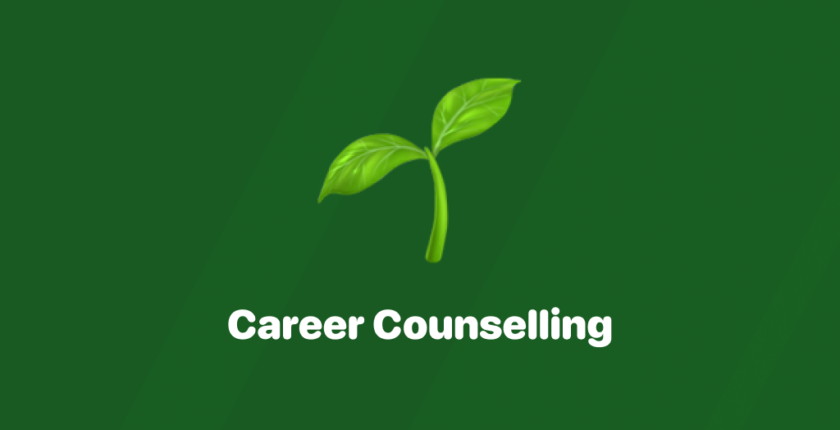Unlocking Your Potential: Career Counseling for Success
Unlocking Your Potential: Career Counseling for Success
Choosing the right career path can feel overwhelming, especially with the vast number of opportunities available today. Career counseling serves as a guiding light, helping individuals align their interests, skills, and values with meaningful professional opportunities. Here are some key insights into how career counseling can unlock your potential and set you on the path to success.
1. Understanding Your Strengths and Interests
One of the first steps in career counseling is identifying your unique strengths and passions. By evaluating your skills, personality traits, and interests, a counselor can help you discover careers that align with who you are. This clarity is crucial for making informed decisions about your future.
2. Exploring Career Options
Many people feel stuck because they don’t know what options are available or suited to them. Career counseling provides a structured approach to exploring industries, roles, and opportunities. Counselors offer insights into job market trends, growth areas, and potential career paths that fit your profile.
3. Setting Realistic Goals
A successful career plan involves setting short-term and long-term goals. Career counselors assist in breaking down your aspirations into actionable steps. Whether it’s gaining a new qualification, building experience, or improving your resume, having a roadmap keeps you focused and motivated.
4. Building Confidence and Overcoming Challenges
Navigating a career change or starting fresh in the job market can be daunting. Career counseling helps you build confidence by addressing challenges such as interview anxiety, lack of experience, or career uncertainty. With the right strategies, you can overcome these obstacles and thrive.
5. Developing Essential Skills
Soft skills like communication, adaptability, and problem-solving are as important as technical abilities. Career counseling often includes workshops or personalized guidance to help you develop these critical skills, making you more competitive in the job market.
6. Leveraging Resources and Networks
A career counselor can connect you to valuable resources, such as job boards, professional networks, and training programs. They may also provide advice on using platforms like LinkedIn to build a professional online presence and connect with potential employers.
Conclusion
Career counseling is not just about finding a job—it’s about discovering your potential and creating a fulfilling professional journey. Whether you’re just starting out or considering a career change, seeking guidance can make all the difference. Take the first step today, and unlock the doors to your future success!
